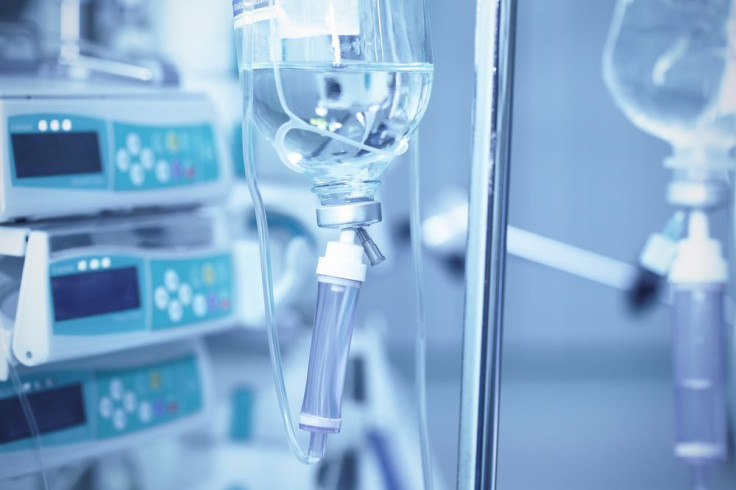'Breakthrough' Breast Cancer Drug, Palbociclib, Doubles Time Of Tumor Growth: Should The FDA Fast-Track Pfizer's New Drug?

A new breast cancer drug has been shown to slow the pace of tumor growth, possibly improving the outlook for the 200,000 women who will receive the devastating diagnosis this year.
In a Phase II study conducted by developer Pfizer, women with breast cancer receiving the drug palbociclib in combination with other treatments were able to go 20.4 months before their tumors grew — nearly twice as long as a control group, for whom the figure was 10.4 months. The company hopes that the results of the 165-patient clinical trial will lead to an accelerated approval process by the Food and Drug Administration, which has already granted the drug “breakthrough” status.
“These are as impressive results as I have ever seen,” Dr. Dennis Slamon, a physician at UCLA who worked with Pfizer to develop the new drug, told Forbes. “I do not say that lightly.”
The study, which was presented at the annual meeting of the American Association for Cancer Research in San Diego, was conducted with women diagnosed with cancers characterized as estrogen receptor positive — that is, responsive to estrogen treatment — and HER2-negative, meaning that the HER2-protein is not driving the tumor growth. In addition to palbociclib, participants also received the hormone drug letrazole, Reuters reported.
A shorter approval process would green-light the drug before the larger 450-woman trial that is currently scheduled for 2016. However, some experts believe that the FDA should wait until the overall survival advantage can be evaluated. As of now, that data is still developing.
"The curves are starting to separate,” Dr. Richard Finn, an associated professor at UCLA and lead author of the study, told reporters. “It hasn't reached statistical significance, but patients are still being followed.”
Slowing Down Breast Cancer
Today, breast cancer is the second most deadly cancer among American women, affecting over 200,000 and killing 40,000 each year. It is estimated that one in every eight women will develop the disease at some point in their life. While the cause remains unknown, risk factors include early puberty, late menopause, and certain genes. Lifestyle factors like calorie intake and alcohol consumption have also been implicated in higher risk for diagnosis.
HER2-negative, estrogen receptor positive breast cancers make up more than half all diagnoses. Though hormone treatments like letrazole have been shown to extend survival among patients, no real breakthrough therapy has appeared in the past 20 years, said Dr. Judy Garber, a breast cancer specialist who was not involved in the current study.
"This is garden variety breast cancer. When it recurs, all we really have are other hormonal agents,” she explains. “This is the first new drug to really show promise."



























